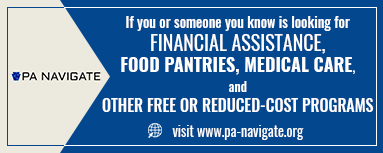If you have adult children, the time is now to talk to them about your estate plan, including your Advance Healthcare Directive. While you may expect it to be an awkward conversation, the awkwardness often dissipates once you begin talking things out.
An advance healthcare directive is much like a will, and thus, healthcare planning is much like estate planning. Just as you don’t want to leave the distribution of your remaining assets to chance or leave the kids fighting over who gets what, you don’t want to leave your kids arguing over what medical care you should receive when you are unable to speak for yourself. Therefore, if you are creating an estate plan for your worldly goods, create an Advance Healthcare Directive for your health.
Talking about your plans and wishes before you are unable to do so – such as due to serious illness or mental decline – will take away much of the stress and the guesswork to try to figure out “what Mom or Dad would want.”
Having the conversation
Try not to go into the conversation feeling awkward. Rather, point out at the start that the discussion should, in fact, settle fears, avoid future conflict, and limit strain on the family.
Based on your own particular family dynamics, you may choose to talk to the kids separately or together. However, speaking to them all together at least once – perhaps at the onset – will allow you to give them the big overall picture of your plans.
At this group meeting, discuss whom you have chosen to take on various responsibilities and why. You will need, at the very least, an executor of your will and someone who will hold medical power of attorney to make medical decisions based upon your wishes, as defined in your Advance Healthcare Directive, also known as a “living will.”
While you will want to discuss the division of your assets during this meeting, your healthcare directive will probably need a good deal more explaining. In your directive, you will have defined what life-sustaining care you want, what procedures you want and don’t want, and your moral, religious, and ethical considerations to guide your medical power of attorney on any specific matters that are not clearly defined in your advance directive.
This discussion will undoubtedly generate a lot of emotion. Answer questions honestly. Explain your reasoning and the research you have done. Be willing to hear their ideas and suggestions, and be willing to make minor adjustments, if you think they have good points. However, if you have taken the time to research and consider your healthcare directives, you probably should not change them too extensively. These are your express wishes, after all.
Finally, offer to talk to each person individually. They may feel more comfortable speaking to you one-on-one about these serious and emotional decisions. Just keep in mind that planning ahead will benefit your loved ones in the long run.
If you have not yet completed your Advance Directive, BCHIP provides an Advance Healthcare Directive form to help you think ahead about what care you would like to receive and what decisions you would like made on your behalf.





